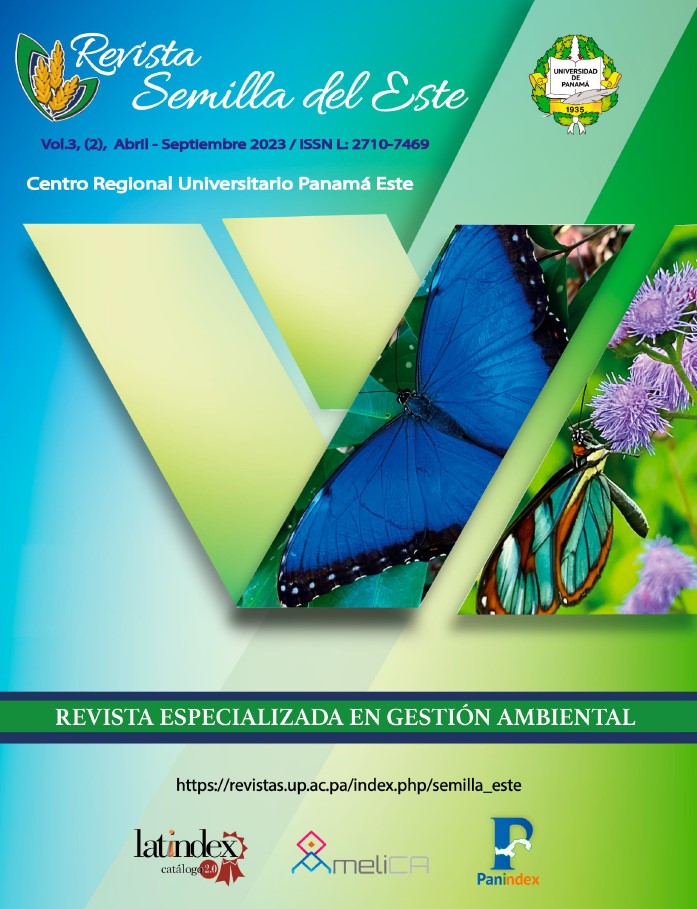

Pollination is an important natural process for flowering plants or angiosperms, which consists of the transfer of pollen to the female organ, resulting in the production of fruits and seeds. This acquires greater relevance in productive agroecosystems, in which there are plant species and cultivars of commercial importance. Pollinating insects have the potential to contribute to a substantial increase in yields in some areas, as well as providing other alternative benefits like products derived from pollination as honey and pollen. The aim of this review was to present the importance of pollinating insects in the agroecosystems sustainability. For this, 50 documents related to the matter were consulted and unpublished images were included. As results, it was obtained that pollinating insects have a leading role in the preservation of biodiversity, in food and nutritional security, as well as in sustainable productive diversification. However, they are susceptible to abiotic factors such as climate change and the irresponsible action of the human being in those productive systems in which conventional management highly dependent on synthetic pesticides still prevails. In conclusion, this paper highlights the strategic importance of pollinating insects in the sustainability of productive agroecosystems and, consequently, in food and nutritional security; but with proper and responsible management.